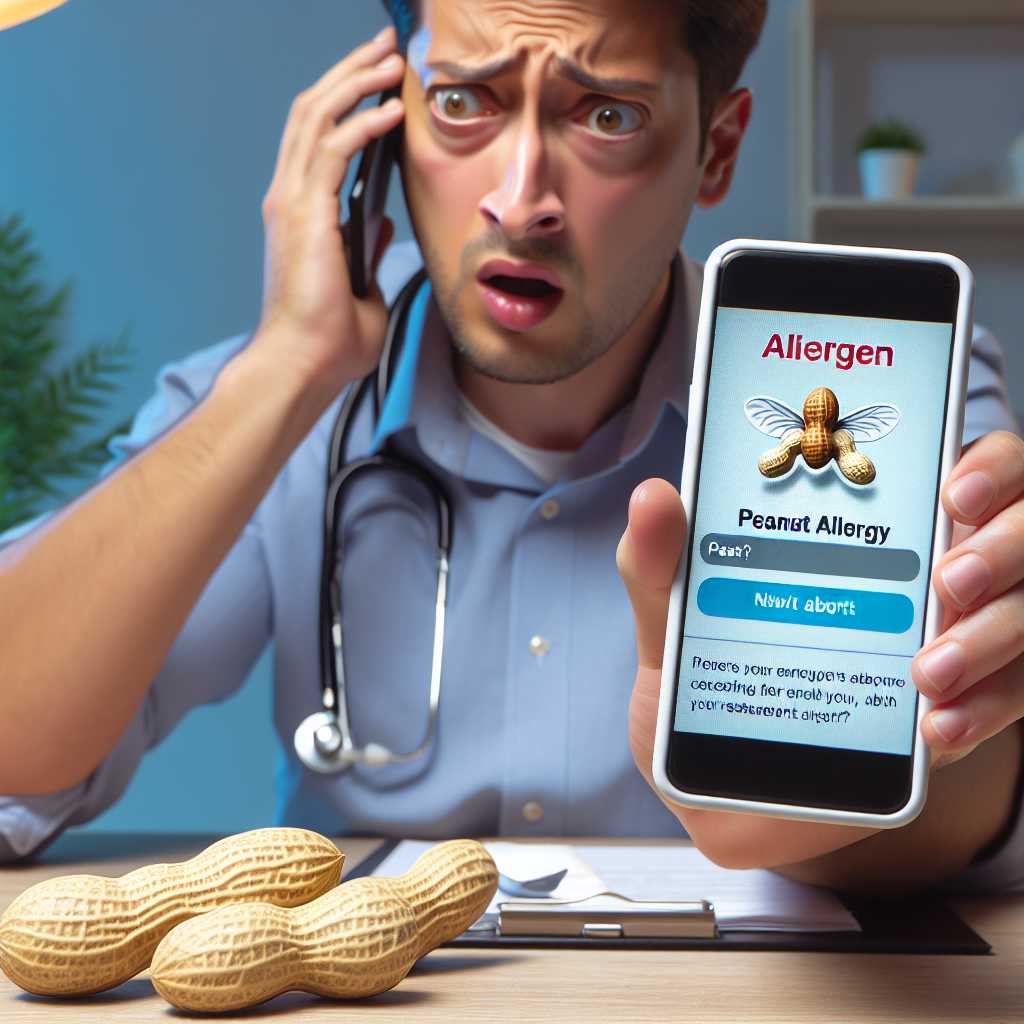The Impact and Controversy Surrounding Uber Eats’ Peanut Allergy Commercial
Food delivery services like Uber Eats have become an integral part of modern urban life. They offer convenience, a wide variety of choices, and the comfort of enjoying restaurant-quality meals from the safety of our homes. Quite naturally, advertising plays a crucial role in shaping public perception and distinguishing a brand’s identity in the competitive food delivery market. In this article, we explore the recent Uber Eats commercial focusing on peanut allergies, which garnered both attention and criticism.
Introduction to Uber Eats’ Advertising Approach
To maintain a lead in the food delivery business, Uber Eats has been known for its witty, humorous, and often attention-grabbing advertisements. Their marketing campaigns have regularly featured celebrities, clever plays on words, and scenarios relating to contemporary social or lifestyle matters. It’s within this context that Uber Eats launched its commercial addressing peanut allergies.
The Controversial Peanut Allergy Commercial in Detail
The specific advertisement at the heart of discussion depicted an interaction where an Uber Eats delivery includes a dish that contains peanuts, potentially triggering an allergy for the recipient. Designed to promote awareness of the app’s food safety features and options for allergy-friendly food deliveries, the commercial aimed to showcase empathy and responsibility towards customers with allergies.
Immediate Public Reaction
Upon airing, public opinion was split with some viewers appreciating the increased awareness about food allergies in food delivery service practices. However, it also sparked significant backlash, particularly from the allergy community and their advocates. The criticism was directed at how the ad potentially made light of serious health issues like anaphylaxis that can be life-threatening.
Corporate Response and Damage Control
In light of the criticisms about insensitivity towards those living with allergies, Uber Eats responded by highlighting their commitment to customer safety and their effort to support individuals with dietary restrictions. They not only emphasized features in the app that allow users to communicate allergies but also reassured the audience about taking feedback seriously.
Industry Standards and Responsibilities When Addressing Allergies
The commercial’s rollout prompted broader discussions about corporate responsibility and how companies should ethically approach advertising when it intersects with health and wellbeing issues like allergies. The consensus among industry experts is one of cautiousness and respectfulness towards serious health concerns whilst maintaining an informative tone in advertisements.
Legal Considerations and Compliance for Advertising Standards
Legally there are regulations overseeing advertising content to avoid misleading, offending, or reinforcing harmful stereotypes; this incident highlighted the necessity for such oversight mechanisms. Although not penalized legally, Uber Eats found itself under social scrutiny questioning if their commercial crossed ethical boundaries of responsible advertising.
Adaptations Following Consumer Feedback
Awareness is now much greater regarding public sentiment toward such sensitive topics as food allergies. It is likely that future commercials will reflect more careful vetting before airing such ads pertain to health-related concerns.
Enhancing App Features and Providing Safe Ordering for Allergy Sufferers
Beyond the commercial, Uber Eats has continued updating its app functionalities to better serve those with dietary restrictions. The order notes section has improved clarity for instructing restaurant partners on preparing meals that cater to specific allergen-free requirements.
